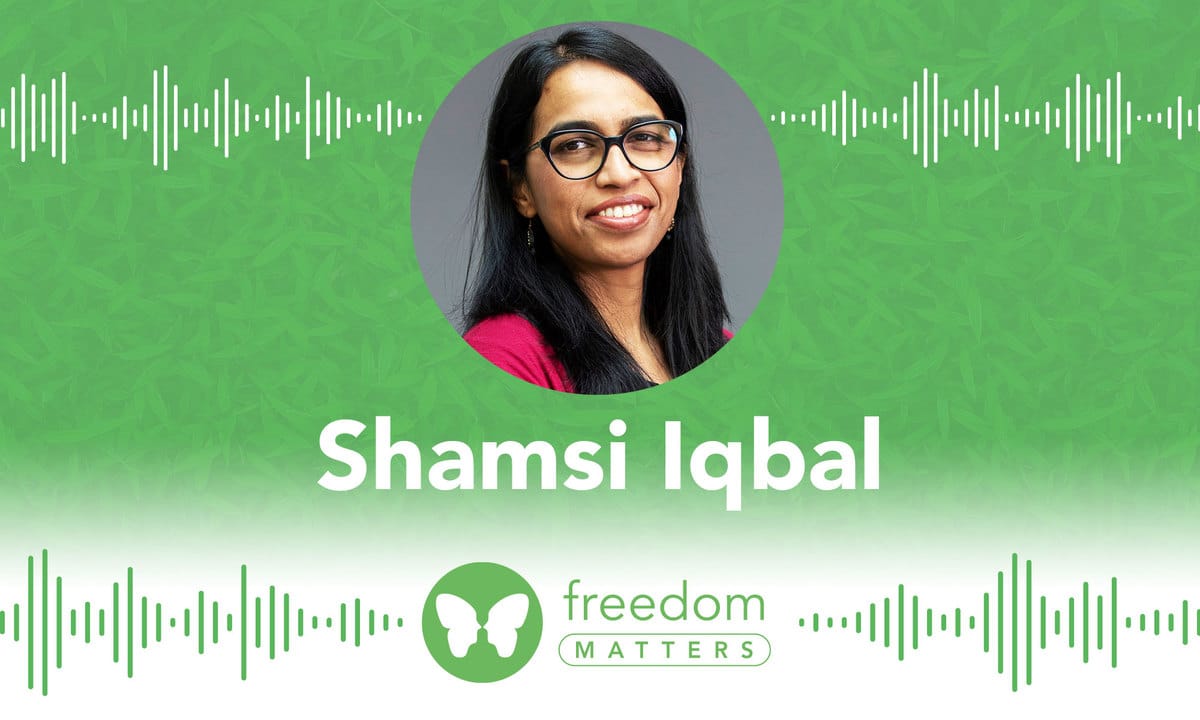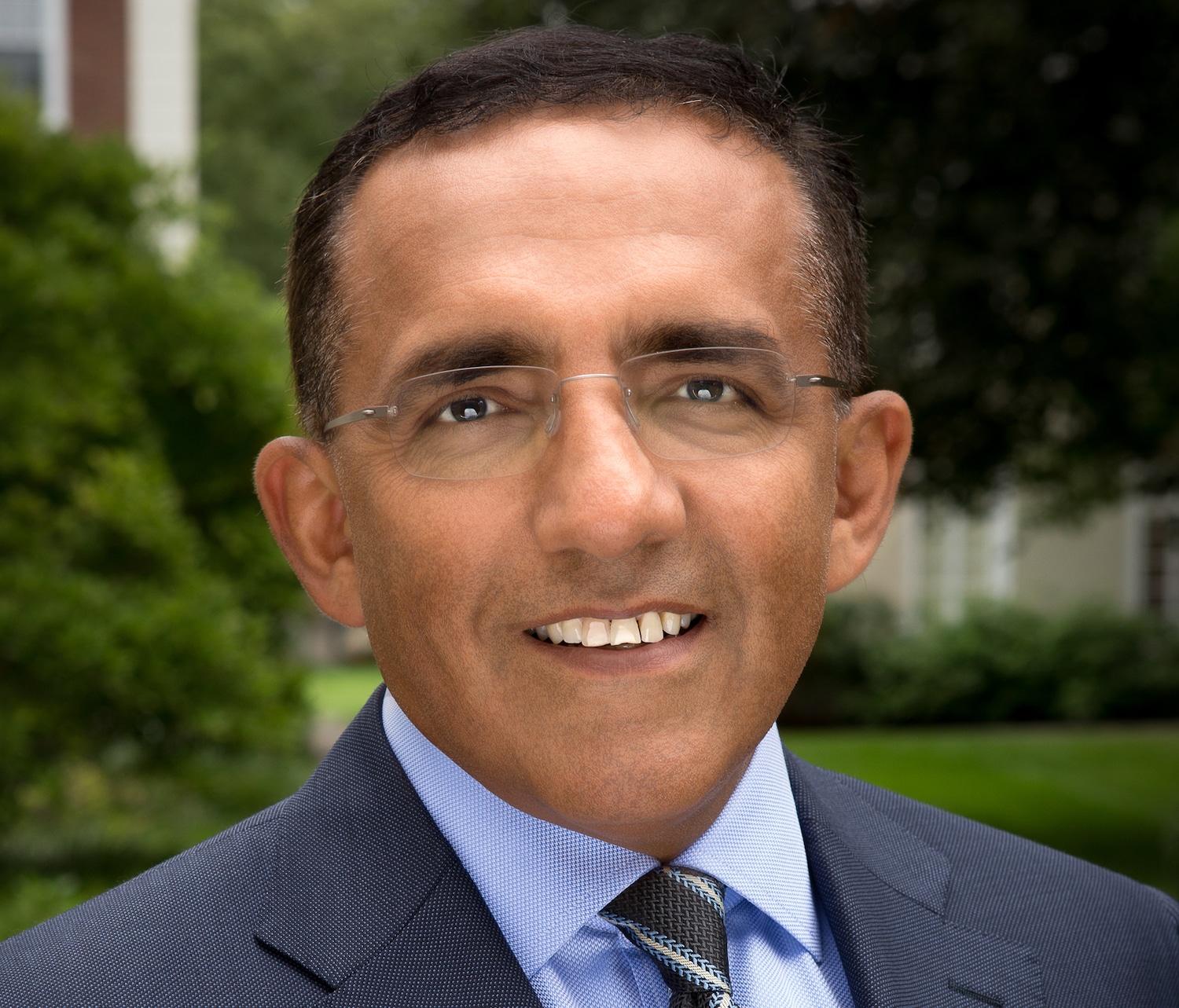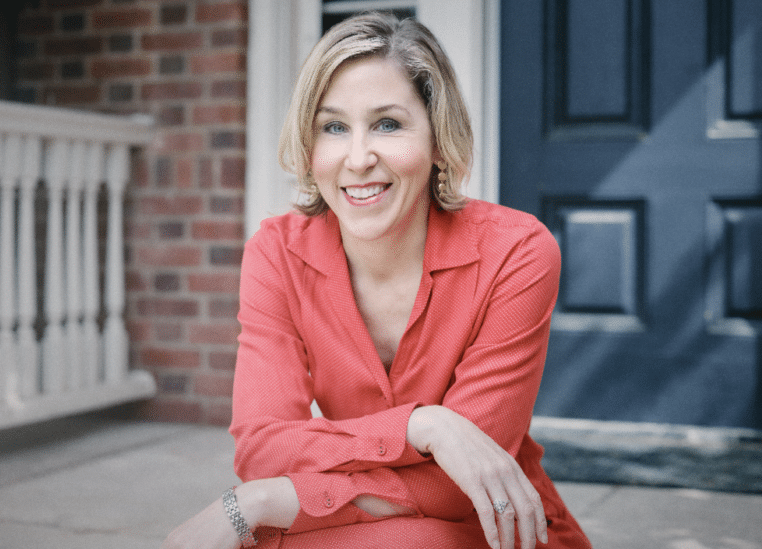Kay Fabella: Learning to Budget Your Emotions in Times of Crisis or Uncertainty

Our lives have changed irreversibly in the past couple of months. While we search for some semblance of normalcy in our day-to-day, it can be a struggle to follow the usual routines that we use to help keep our minds and bodies healthy.
It might be your regular morning workout that’s gone flying out of the window or those weekend brunches with friends that now seem like another world away. Maybe your once-strict Inbox Zero policy and daily screen time limits have been replaced with constant scrolling through anxiety-inducing social media feeds. Chances are, the little rituals you worked hard to maintain before were (understandably) some of the first things to go once the worldwide crisis hit. Many of us are focused on trying to stay productive as we adapt to new working environments, but it’s so important to remember how detrimental stress and anxiety are – not just to productivity, but to our overall health and wellbeing.
At Freedom, we know how important productivity and balance is to our users. That’s why we wanted to share the best advice from experts who know that career success depends on maintaining healthy practices.
In the first of our Attention Experts series, we caught up with Kay Fabella – a Diversity and Inclusion Expert who’s been featured in Fast Company, Thrive Global, Huffington Post, and El País. Kay leveraged her experience as a Filipina-American in Spain to help startups and Fortune 500 companies spread their message, multiply their audiences, and affect change in their industries. She now works with underrepresented leaders who want to learn to grow their audiences with integrity, communicate with impact, and step up to change the face of leadership.
Kay’s been busier than ever advising companies on how to make sure their employees feel safe and represented during this turbulent time, but she took some time out of her day to share her thoughts on wellness, motivation, and remote work…
What changes, if any, have you made to your environment during this time?
I’m a first-generation Filipina American from Los Angeles, California, and I’ve been living in Spain since 2010, and working for myself since 2015. As a WFH entrepreneur who specializes in virtual D&I solutions and visibility coaching for minority leaders, I recognize that I’m in a position of privilege as my day-to-day hasn’t really changed much. I have an unofficial Master’s degree in waist-up dressing, after all!
I try my best to start my day with exercise, meditation, and journaling, before settling into the start of my workday. I’m still recording episodes for my weekly podcast, Inclusion in Progress, which continues to drive leads and clients for my business as a Diversity and Inclusion Consultant. I have my calls and do my client work, and wrap up at the same time every day as much as possible.
The biggest difference is that now my Spanish husband shares an office with me as he is also working remotely, so we have to do a little bit of a dance whenever one of us has a conference call on Zoom or Skype. That’s honestly the biggest change though, so we’re quite lucky!
When do you find it most difficult to focus? How do you overcome this?
I’ve come to realize that my ability to focus depends on my state, especially emotionally. There have been ups and downs, which I think we can all resonate with as we’re each experiencing this pandemic in waves. I’m also no stranger to anxiety or depression, as I experienced burnout at age 22.
So the best thing I can do when I find it difficult to focus is to alter my state. When we weren’t allowed to leave the house under strict lockdown measures here in Madrid, I would walk away from my computer, go to another room in the house and dance, stretch or meditate. Now that lockdown measures are lifting, I’m making sure to leave the house for our allotted hour of outdoor exercise every day, and starting my morning that way has been a game-changer for my focus and productivity.

How do you deal with the emotional aspects of productivity? For example, lack of motivation, feeling stressed or overwhelmed, feeling unsafe, etc?
I think, like most high achievers, I used to try to power my way through it… which eventually led to burnout. I definitely learned that lesson the hard way, very early. So, strangely, I was already fairly equipped to handle the waves of grief, trauma, and loss that this pandemic has brought upon many of us.
I have to step away from the computer sometimes when a wave of sadness hits from thinking about the injustice of this situation, especially for disproportionately affected groups like essential workers, small business owners, and marginalized communities. As I’ve gotten older and learned mindfulness and meditation, I’ve learned that it’s much better to feel whatever I need to feel instead of running away from it.
It probably doesn’t help that even before the pandemic, most of us lived in a very product-driven work culture that focuses on output more than your mental health. What the current situation is doing is forcing companies to have conversations on topics critical to D&I, like mental health, in a more pressing way — and focusing less on traditional measurements of productivity. It’s something that I talk about often with my clients, and it’s a trend that I hope continues even after this crisis is over.
My mantra lately has been “budget your outrage.” I can’t get angry or feel sad about everything I can’t control all the time. Because if I don’t set up healthy boundaries for the content I consume, I won’t be able to make a difference in the work I’m passionate about.
Have you made any changes to your digital habits during this time? Why or why not?
As someone with a multi-hyphenate background, I’ve always seen the news I read through at least three lenses: as an American, as a Filipino, and as an immigrant in Spain. So I’ve learned that I’m a highly sensitive empath, even when there isn’t a crisis. This means lately, I try not to check the news too much for my mental health. I’ve also deleted social media apps from my phone, so I only use them when on a desktop.
My work in D&I requires me to hold space for difficult conversations with others around topics like race, gender, and social inequities. My mantra lately has been “budget your outrage.” I can’t get angry or feel sad about everything I can’t control all the time. Because if I don’t set up healthy boundaries for the content I consume, I won’t be able to make a difference in the work I’m passionate about.
What is one piece of advice you would give to someone who is really struggling to find focus or motivation during this time?
Protect your mental health at all costs. You’re allowed to tune out from the news and the pain of others for a while. You’re allowed to answer a Facebook message a day or two later instead of responding right away.
You’re allowed to experience the collective trauma and grief we’re feeling without forcing your way through it or saying “I don’t have it as bad as someone else, so I’m not allowed to grieve”. If there was ever a time for a collective permission slip to say to someone that you need a mental health minute/hour/day — it’s now. And I hope businesses and entrepreneurs continue to allow space for real mental health conversations when we go back to “business as usual.”
What tools or resources have you found most useful during this time?
Google Suite for Business for almost all of my communication and administrative needs as a business owner. Twist to communicate with #TeamKay. Zoom for calls with password protection in my room (no Zoom bombers here!). Libsyn to host my podcast. And for my mental health, I really enjoy Spotify for a good dance playlist or Insight Timer for a guided meditation or soothing music.
The current crisis has shown both companies and employees that remote work is possible and that employees are, in fact, still able to complete their tasks and stay connected in spite of a pandemic. Employees will remember how their companies treated them, and whether or not they felt supported by their leaders during this crisis.
What are some changes we might see happening around D&I in the workplace as a result of the pandemic?
To me, D&I is about creating a work culture where people, regardless of age, ability, background, religion, gender, or sexual orientation, feel safe to show up and be valued as their “full selves.” Companies, where diverse talent feels included, are more innovative, more productive and more profitable.
But a big conversation I used to have with D&I leaders before the crisis was around the fact that most companies who claimed to prioritize diversity lacked robust flexible working policies that would actually make it possible for diverse talent (i.e., primary caregivers for elderly parents and children, differently-abled employees, minority talent living outside of the 30-mile office radius, etc.) to stay on. This was due to a deep-rooted organizational mindset: employee productivity decreases out of the office away from the watchful eyes of managers.
The current crisis has shown both companies and employees that remote work is possible and that employees are, in fact, still able to complete their tasks and stay connected in spite of a pandemic. Employees will remember how their companies treated them, and whether or not they felt supported by their leaders during this crisis.
One talent acquisition manager at a tech company I’m working with shared that when teams are allowed to return to the office, remote work and inclusive leadership will forever be a part of the conversation. And of Generation Z – the most diverse cohort to ever enter the workforce – he said, “I know a question they’ll ask me during interviews a year from now will be: ‘How did your company take care of your employees during coronavirus?’ I don’t want to have to give a poor answer.”
Have you witnessed any organizations in particular who are doing a great job of supporting their employees while working from home throughout this challenging period?
I really appreciated the companies who decided to be proactive about having their employees WFH even before the pandemic hit: Unilever, KPMG and IBM. My husband works for BNP Paribas, which gave all of their employees a budget to buy equipment they needed to make working from home comfortable.
I’ve also had the privilege of hosting an executive roundtable with executives from Google, Amazon, Github, DoorDash, and more. It’s so interesting to hear how different companies are working to support their people on the inside, which doesn’t always align with the media coverage we hear. My team and I will be sharing a whitepaper with our findings soon, which I hope will be valuable for other inclusion-driven organizations.
Do you have any advice on ways in which we can use technology in supportive, positive ways to foster communication and meaningful relationships?
Instead of focusing on what we’re losing by not being able to physically be present with one another, focus on ways technology can be leveraged for even deeper communication with others you’re no longer able to see in person. Not all forms of interaction require an immediate response.
That’s why I love tools like Slack and recommend it as an option for organizations I work with. You can foster communication by creating specific channels for your employees to have topical discussions. Some channels I’d recommend adding are things like mental health resources, pet and kid selfies, views outside your window, podcast and book recommendations, and even specific channels for your employee resource groups or ERGs.
We always talk in D&I about the importance of creating organizations where you can bring your whole self to work, regardless of age, background, race, gender, religion, sexual orientation, or ability.
In many ways we’re being forced to bring our multi-hyphenate identities to work: as parents and caregivers, as grandchildren and siblings, as representatives of our ethnic community, as employees and as humans.
This moment is a perfect opportunity for inclusion-driven organizations and leaders to continue to foster a sense of community and belonging that transcends being in the office together.

To learn more about Kay and her work visit her website or find her on LinkedIn, Facebook, and Twitter.


